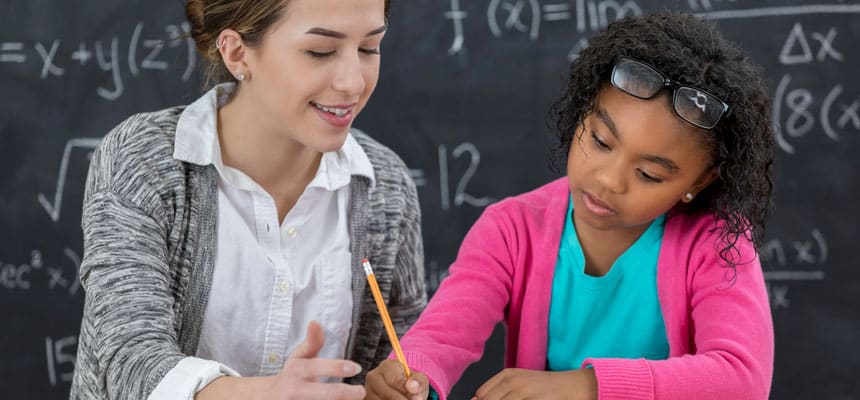
Giftedness & Twice Exceptional Children and Teens
Gifted children may have the following behavioral characteristics:
- Emotionally intense and sensitive
- Curious and full of questions
- Creative and ‘out of the box’ thinker
- Interest in experimenting and doing things differently
- Thinks or sees things in a different way
- Unusual memory for their age
- Witty and advanced sense of humor
- Strong sense of justice and fairness
There can be substantial variations in skill level within a gifted child (with his/her cognitive skills, learning ability, emotional regulation, and judgment). Asynchronous development can lead to significant frustration, particularly if the child is perfectionistic and/or has an intense personality. While their knowledge may be exceptional, there are still other factors at work that may not be allowing them to reach their full potential.
Twice exceptional (2e) refers to children or teens that are intellectually gifted but may also experience some developmental asynchrony (i.e. meaning that some skills are very well developed for their age while others are lagging behind their peers). Gifted individuals may have a learning disability, attention disorder, or social-emotional problem. Professionals working with gifted individuals must understand the difference between typical developmental variation often observed in gifted children and teens from what might be considered a disability or clinical issue.
Our neuropsychologists are skilled in assessing and intervening with complex cases – this sets us apart from many psychologists. A complex case is one in which multiple factors are evident – things like behavior issues, learning difficulties, social adjustment struggles, or attention problems. Gifted and twice-exceptional cases fall in that category of complex cases.
Determining “typical characteristics” from “problem behavior” is a necessary distinction when assessing gifted students, especially when determining whether or not a child is performing at their best level. Being in the correct learning environment makes a significant difference in the gifted student’s ability to succeed academically; correct school placement, as well as an understanding of external factors, truly assist children who are gifted.
Our clinic is very well connected with clinical professionals and educators for gifted and 2e population in southeast Michigan; this provides everyone with a custom-made intervention plan with which to move forward. Not only is this helpful for your child but parents, siblings, teachers, and friends also benefit from a better understanding of their social, emotional, and academic needs.


